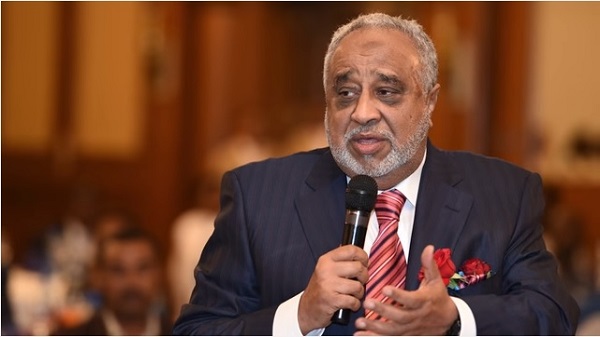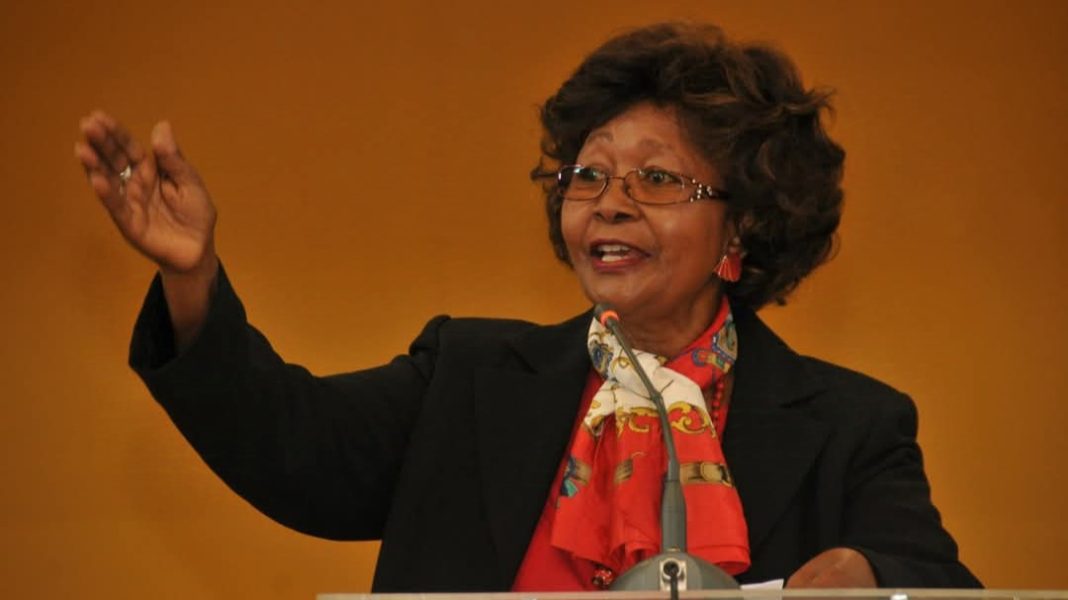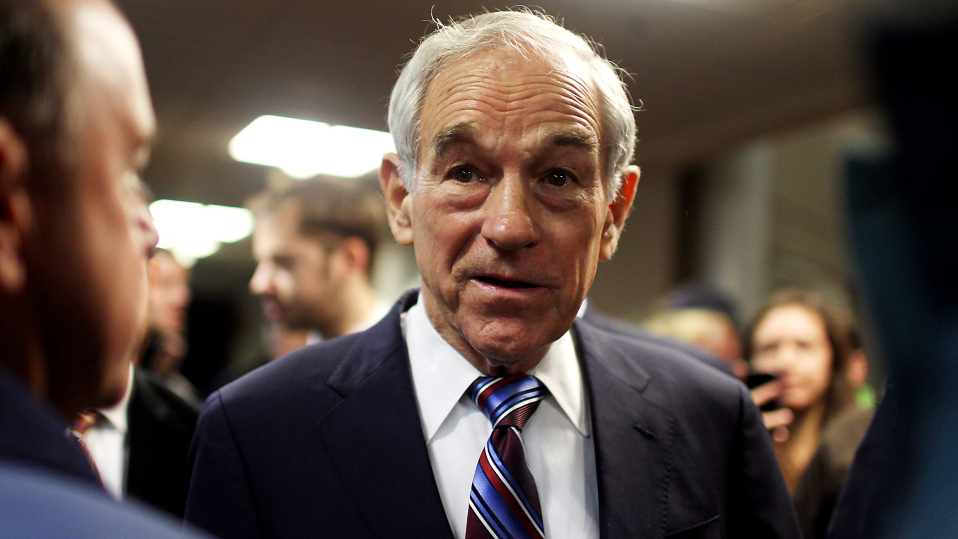Mohammed Hussein Al Amoudi is an Ethiopian-Saudi billionaire businessman with significant investments across multiple sectors, including construction and energy.
He migrated from Ethiopia to Saudi Arabia in his teens and became a Saudi citizen.
Al Amoudi ‘s net worth is estimated to be $8.5 billion, making him one of Africa’s richest individuals.
He was detained in Saudi Arabia from 2017 to 2019 during an anti-corruption campaign but has since resumed his business activities, which include owning oil refineries in Sweden and Morocco.
Humble beginnings
Al-Amoudi was born on July 21, 1946, in Dessie, Ethiopia, to a Yemeni father and an Ethiopian mother.
Raised in a modest household, he learned the value of hard work and perseverance early on.
Despite financial challenges, Al Amoudi excelled academically and was sent to Saudi Arabia at 19 for higher education.
He studied business administration at King Abdulaziz University, where his entrepreneurial spirit flourished.
Al Amoudi ‘s journey from poverty to becoming a billionaire began with small business ventures that laid the foundation for his expansive business empire.
Entrepreneurial career
Al-Amoudi’s entrepreneurial journey began after he moved to Saudi Arabia, where he initially worked various jobs to support himself.
Recognizing the opportunities presented by the burgeoning construction sector during the economic boom of the 1970s and 1980s, he strategically positioned himself to take advantage of this growth.
In 1990, Al-Amoudi founded Mohammed International Development Research and Organization Companies (MIDROC), which evolved into a conglomerate with interests spanning multiple sectors.
His construction company played a pivotal role in numerous large-scale projects, including roads, bridges, and residential developments.
By securing government contracts, Al Amoudi established MIDROC as a leading player in the construction industry.
His expansion into the energy sector marked another significant milestone in his career.
Al Amoudi invested in oil refineries, most notably through Svenska Petroleum Exploration AB, which operates refineries in Sweden.
Recognizing the critical importance of food security, he invested heavily in agriculture through Saudi Star Agricultural Development.
By leveraging Ethiopia’s fertile land and favorable climate, he has sought to address food shortages while simultaneously creating jobs and boosting the local economy.
In addition to agriculture, Al-Amoudi ventured into mining, particularly gold extraction through MIDROC Gold.
This company has become Ethiopia’s largest gold producer, playing a crucial role in the country’s economy by generating employment and contributing to infrastructure development.
Al-Amoudi’s businesses have created thousands of jobs across various sectors, significantly contributing to economic growth in both Saudi Arabia and Ethiopia.
His investments have improved infrastructure, enhanced energy production, and boosted agricultural output.
Massive net worth
Al-Amoudi’s net worth is estimated to be $8.5 billion.
His wealth primarily stems from diverse investments in construction, oil refineries, mining, and real estate across Ethiopia, Sweden, and Morocco.
Notably, Al Amoudi controls 70% of Ethiopia’s oil and holds substantial stakes in companies like Preem, Sweden’s largest oil refiner and Midroc Gold in Ethiopia.
Legal issues and detention
Al-Amoudi was arrested on November 4, 2017, during a sweeping anti-corruption crackdown led by Crown Prince Mohammed bin Salman in Saudi Arabia.
This operation targeted numerous high-profile individuals, including princes and government officials, with Al-Amoudi being one of the most notable detainees due to his significant wealth and influence.
He was held at the Ritz-Carlton Hotel in Riyadh, where many detainees were reportedly coerced into making financial settlements with the government in exchange for their release.
Al-Amoudi’s detention lasted 14 months, during which Ethiopian Prime Minister Abiy Ahmed made several diplomatic efforts to secure his release.
Ultimately, Al-Amoudi was freed on January 27, 2019.
His release followed a period of international scrutiny faced by Saudi Arabia, particularly after the murder of journalist Jamal Khashoggi and reports of human rights abuses.
Philanthropy
Al Amoudi established the Mohammed Hussein Al-Amoudi Foundation, which focuses on various initiatives that uplift communities and support development projects.
One of his notable philanthropic endeavors is his commitment to education.
Al-Amoudi has funded the construction of numerous schools and universities in Ethiopia and Saudi Arabia, providing quality education to thousands of students.
His foundation has also supported healthcare initiatives, building hospitals and clinics that serve underserved populations.
In addition to education and healthcare, Al-Amoudi has made substantial donations to infrastructure projects in Ethiopia.
For instance, he pledged 1.5 billion birr (approximately $88 million) to support the construction of the Grand Ethiopian Renaissance Dam, which aims to significantly increase the country’s hydroelectric power capacity.
Al Amoudi has also contributed 10 million birr ($500,000) towards the establishment of the Ethiopian National Coffee Museum.
During the COVID-19 pandemic, he donated 120 million birr ($3.6 million) to the Addis Ababa city administration to help combat the virus’s effects, marking one of the largest private donations in Ethiopia during that time.
Accolades and recognitions
Al-Amoudi has been consistently ranked among the 100 richest people in the world by Forbes since 2006.
Additionally, he was awarded the Order of the Polar Star by King Carl XVI Gustaf of Sweden, highlighting his significant contributions to business and philanthropy.
His philanthropic efforts, particularly in healthcare and education, have also been acknowledged, further establishing his reputation as a prominent figure in both Ethiopia and Saudi Arabia.



